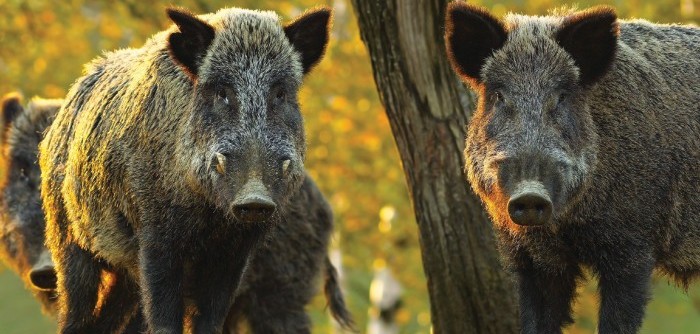African swine fever has been detected in wild boar for the first time in Sweden, the country’s Veterinary Institute said on Wednesday.
This represents another major leap for the virus, almost certainly via human spread. Seven dead wild boar were found in Fagersta, about 200 kilometres (124 miles) north-west of Stockholm – one has tested positive and more tests are being conducted, the Veterinary Institute said in a statement, Reuters reports.
“At present, we do not know how the infection got in, but it is a long jump from the nearest infected area in Europe, and we therefore assume that it has happened through humans and not wild boar,” it said.
The virus can be spread via pork or by carrying it on shoes or clothes, tools or vehicles.
Italian outbreaks
This as yet another concerning development, after ASF was detected on farms in northern Italy for the first time.
After initially being suspected on August 17, ASF was confirmed on a small farm in the Pavia province in the pig-dense Lombardy region, where it had already been found in hundreds of wild boar. The virus was then confirmed on two more farms close to each other, near Zinasco, in the same province, by the end of August. According to local reports, on one, with around 1,000 pigs in total, hundreds of pigs died in the fortnight before ASF was confirmed.
ASF virus is now present in four regions in Italy, after being detected in wild boar in January 2022.
There has also been a marked increase in ASF outbreaks in the Balkans. Between late-June and mid-August, reports have been submitted of between 240 and 400 outbreaks in domestic pigs in each of Bosnia and Herzegovina, Croatia, Serbia and Romania, the Animal and Plant Health Agency reports.
Long-distance spread to domestic pigs has happened across Bosnia and Herzegovina and in wild boar in Croatia.
Domestic cases have also been reported in Bulgaria, Greece, Latvia, Moldova, North Macedonia, Poland, Russia and Ukraine in July and August, as well as cases in wild boar in various countries across Europe.




